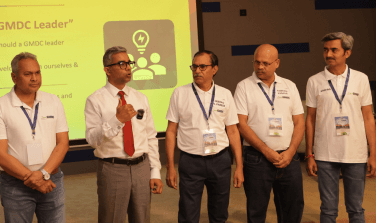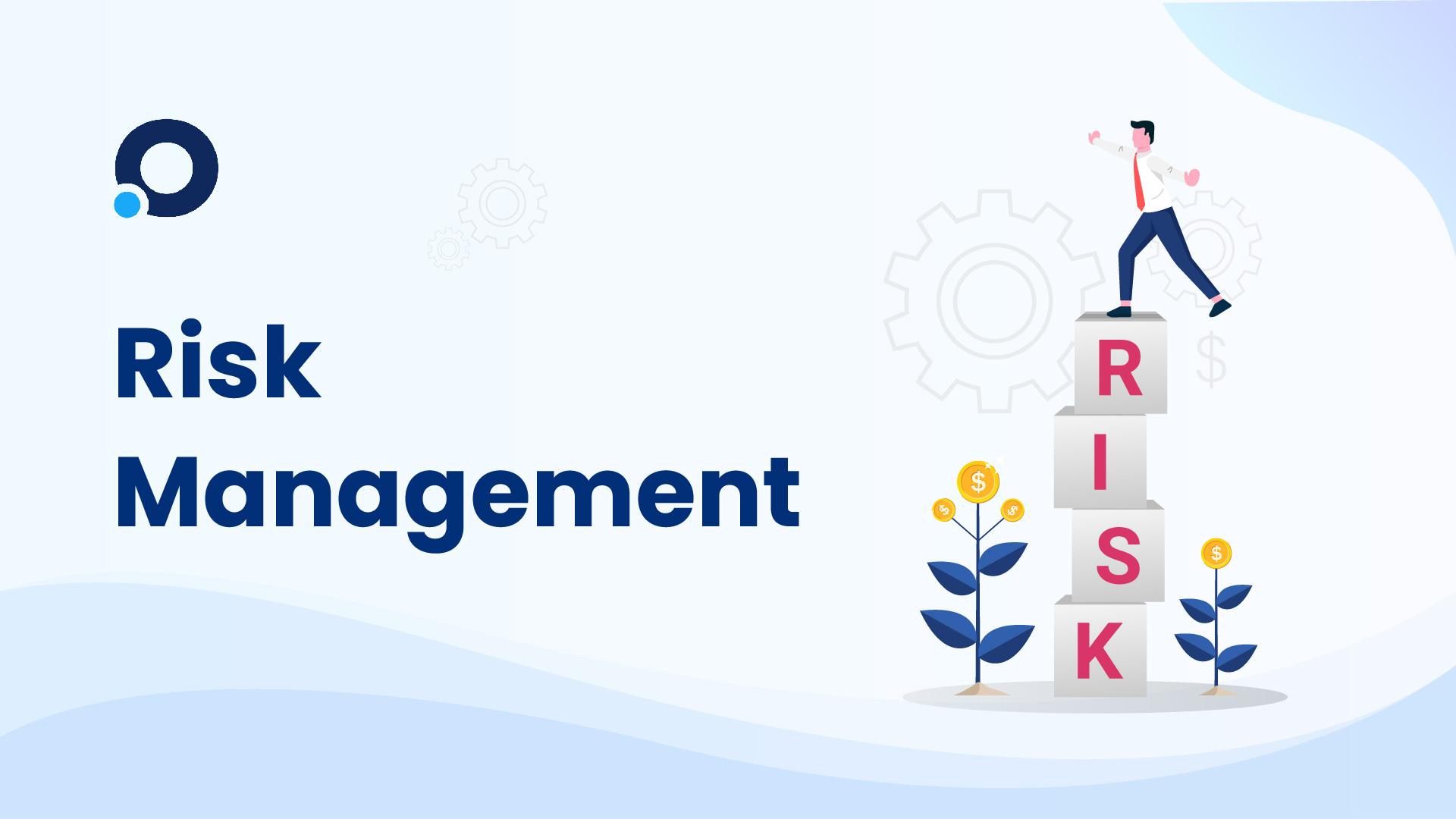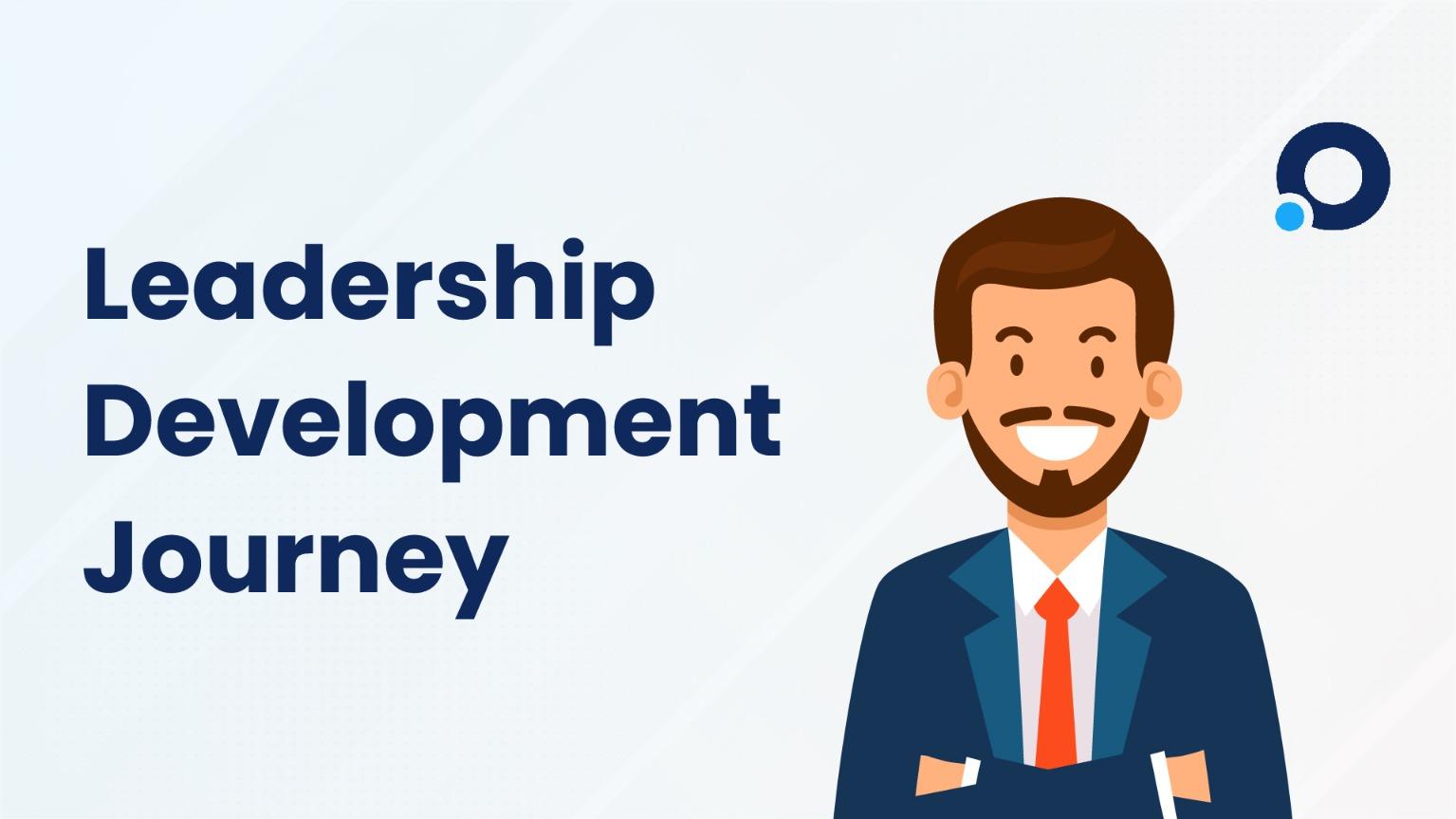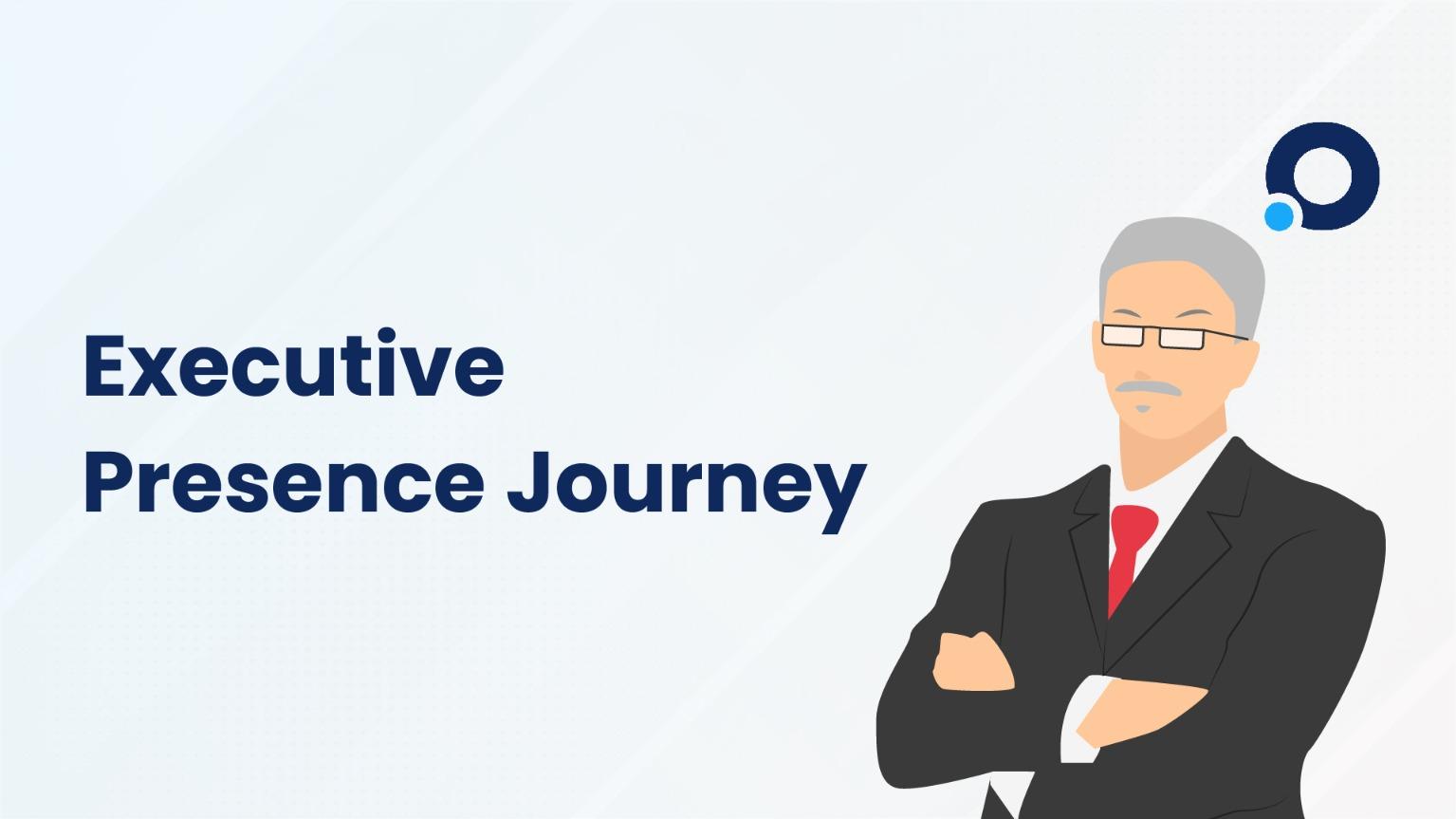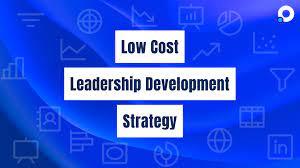In the world of business, the ability to effectively manage risk is crucial for success and sustainability. Risk management skills are essential for making informed decisions and navigating the complexities of the modern business environment.
Understanding Risk Management
Risk management is the process of identifying, analyzing, and responding to risk factors throughout the life of a project and in the best interests of its objectives. It involves understanding the nature of risk and developing strategies to manage it effectively.
The Importance of Risk Management
- Mitigating Negative Impact: Effective risk management helps in reducing the adverse effects of risks.
- Enhancing Decision-Making: It provides a framework for better decision-making by identifying potential risks and their impacts.
- Improving Resource Allocation: Helps in allocating resources where they are most needed to manage potential threats.
- Building Stakeholder Confidence: Increases the confidence of stakeholders in the organization’s ability to handle challenges.
Core Skills in Risk Management
- Risk Identification and Analysis
- Learn to identify potential risks in various aspects of business operations.
- Develop skills in analyzing the probability and impact of these risks.
- Strategic Planning and Problem-Solving
- Enhance abilities in strategic planning to anticipate and mitigate risks.
- Cultivate problem-solving skills to address risks effectively when they arise.
- Decision-Making Under Uncertainty
- Improve decision-making skills, especially under conditions of uncertainty.
- Understand and weigh the potential outcomes of different decisions.
- Communication and Collaboration
- Develop strong communication skills to articulate risk management plans clearly.
- Foster collaboration among team members and stakeholders in managing risks.
- Quantitative and Qualitative Risk Assessment
- Gain proficiency in both quantitative and qualitative risk assessment techniques.
- Utilize tools and software for risk analysis and modeling.
- Regulatory Compliance and Legal Knowledge
- Understand the legal and regulatory frameworks related to risk in your industry.
- Stay updated on changes in laws and regulations that can affect risk management.
- Emotional Intelligence
- Cultivate emotional intelligence to better understand and manage the human elements of risk.
- Develop the ability to remain calm and objective in high-pressure situations.
- Adaptability and Continuous Learning
- Be adaptable in the face of changing circumstances and evolving risks.
- Engage in continuous learning to stay abreast of new risk management strategies and tools.
Implementing Effective Risk Management Strategies
- Risk Management Framework: Establish a structured risk management framework within the organization.
- Regular Risk Assessments: Conduct regular risk assessments to identify and analyze potential risks.
- Risk Response Planning: Develop comprehensive plans for responding to identified risks.
Challenges in Risk Management and Solutions
- Overcoming Resistance: Address resistance to change or risk management initiatives.
- Resource Allocation: Efficiently manage resources for risk mitigation efforts.
- Measuring Effectiveness: Establish metrics to measure the effectiveness of risk management strategies.
The Role of Technology in Risk Management
- Risk Management Software: Utilize specialized software for risk identification, assessment, and monitoring.
- Data Analytics: Leverage data analytics to predict and analyze risks.
Case Studies and Real-World Examples
- Success Stories: Share case studies of successful risk management implementations.
- Lessons Learned: Discuss common pitfalls and lessons learned in risk management.
Conclusion
Risk management skills are essential in the repertoire of modern business professionals. By mastering these skills, individuals and organizations can not only mitigate the adverse effects of risks but also capitalize on opportunities. A proactive approach to risk management leads to better decision-making, enhanced operational efficiency, and increased stakeholder trust.






